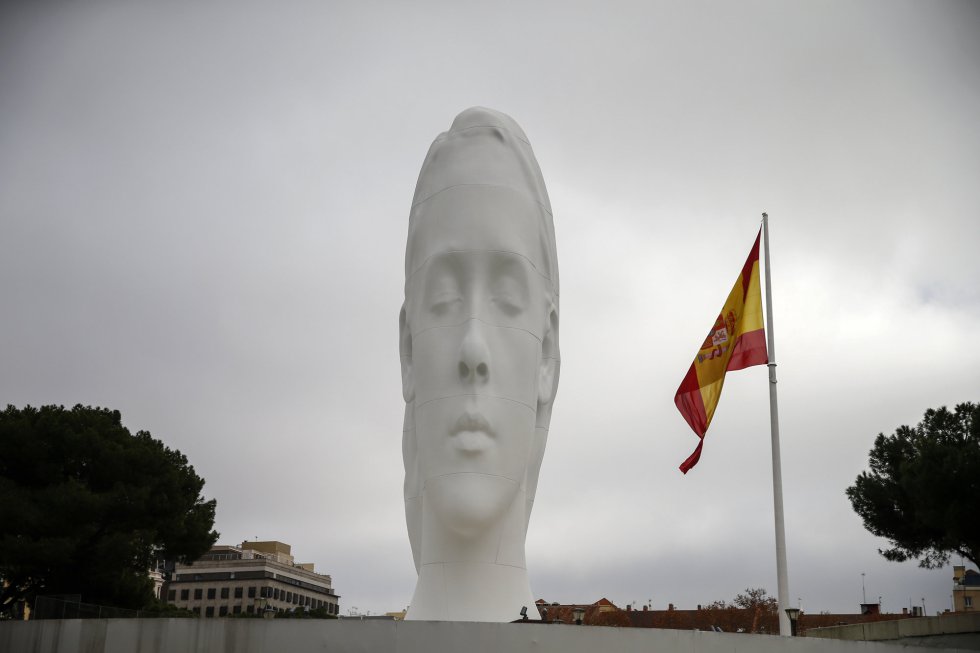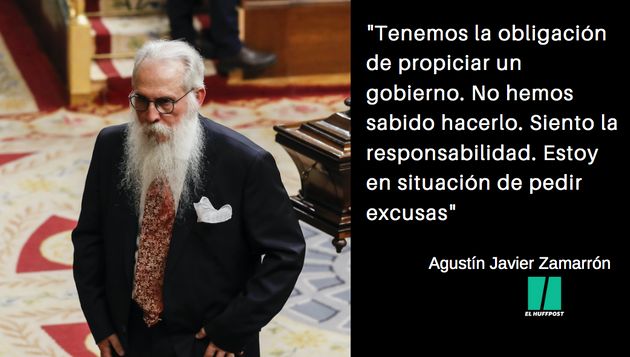Way back in the day, when I was not so grown up (!!) I loved to talk of transformation, of city-shifting (not easy to say, and did on more than one occasion got it wrong… though we do need to see a whole lot of that sifted and shifted!) influences. A straight line from strategic prayer that would change the effects of history and open up a new spirituality where the church would prosper was my focus. As the years go on beliefs are refined, honed, and even sometimes abandoned. In my case a core continues unabated… Jesus poured out his Spirit redemptively on a growing number of followers, not simply so as those followers could grow in numbers, and certainly not so as they might have a ticket to somewhere else, but so that they might take responsibility for the world around them. So that that world might change.
I have been away for the past week engaging with two interesting scenarios. Both in the South West of England. Both with a focus on entrepreneurship so that there can be a societal, an environmental change. The first, based in a city and focused on that region looking to re-open what had been abandoned, looking to spark leading-edge technology. The other coincidentally meeting in that area of the UK but with a strong emphasis that all of us, that is us communicating animals, carry the image of God, and that we are to be changed in order to bring about change. I resonated very strongly, with no emphasis on the financial outcome being the bottom line, but health and well-being being the gauge of progress.
Two environments, both looking for transformation.
I am deeply grateful for the strategic (and sometimes in my case I am sure un-strategic prayer) that has gone on. I consider that it has opened up so much space during these past decades. It has also contributed to some of the crises, for the Western house that has been built, at least in part, on sand was never going to be fit for purpose.
My vote is for those who are engaged beyond the congregation, those who take the call to business, health care, the arts etc., seriously. There is space now. Space that is visible, sometimes space in the midst of the mess for engagement.
I am aware that every scenario is different. We might not always see those situations correctly. Some we might be over-optimistic about, others where we have despaired might be the very ones where there is hope.
Over the past 5 years we have taken responsibility to pray for the political scene in Spain. We are not those who believe that change takes place through legislation, through influence from the top down (a christendom value). Yet we are looking for that political realm to come into health, to create a shape where there can be true prosperity. A kind of ‘we hold a shape’ so that there can be a ‘healthy political shape’ so that people can prosper, with great grace for the marginalised being expressed. An unhealthy political shape then is an offence and we take it as a personal insult.
2019… they shall not pass!
There are times we are caught out, not seeing what is coming and as a result we end up playing catch up. However, in 2019 it seemed that we were so ahead of what was coming. We saw the patterns of history and understood the geographical ground where that was expressed, were able to go there and be ever so strategic (!) with our timings, actions, prayers and declarations. Then… what a set of blows came our way as one aspect after another went against us. History just seemed intent on repeating itself with intent. We saw the number of fascists in parliament go from 0 to 24 to 52 in the course of 7 months. We saw divisions appear and hostility against one another be vehemently expressed by those who should have known better. I could go on… To be honest it proved pretty tough and insulting. Seemed almost personal when the ultra-right proclaimed ‘we have passed’ when entering the parliament. I still ask – could we have done more.
2020… a level see-saw?
It has been a battle to see something healthier come through. Just as the year turned a promising coalition, the first in 80 years, where a level of maturity has been shown., has been voted in. It made it in by 2 votes – had one person gone the other way (and there was huge pressure on those sitting in the middle) we would have been headed to yet another election, and with the growth of the ultra-right this would not have been something we would have been optimistic about. In the government, one of the ministers is a card carrying communist! Neither Gayle nor I are of that persuasion (as if!!), but given the history of Spain what a sign. (Ultra-right and ultra-left carry the same spirit – people are subject to a centralised and depersonalised power, a true principality or god.)
I am not suggesting that where I started – the business realm, nor where I am now focused – the political realm – is where it is at. I simply find it interesting that there are evidences of a level playing field appearing. Not everything is reversed, indeed one could suggest the political scene, for example, in Spain is worse than ever. Perhaps. Or perhaps game on. I consider it is the most dangerous yet with the most potential in the past 80+ years.
Let’s look for the gaps, the places where we can squeeze in, or make space through some spiritual elbow work for others to enter that space. I am convinced we are not going to see things just shut down, keeping the space open though will require our engagement.





